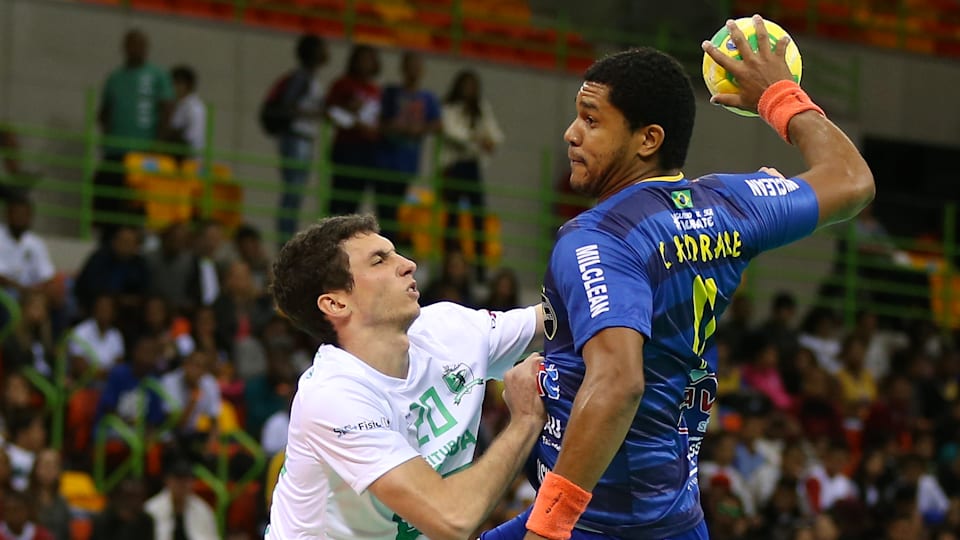
After the completion of the draw on 29 April, four Brazilian club teams inaugurated the venue on 30 April and 1 May. The event was used to test the playing surface, scoring system and display, the technical officials and volunteers, and the venue came through its rehearsal with flying colours.
The draw for the men’s and women’s Olympic competitions, which start on 6 August, and will each feature 12 teams, produced a real buzz of excitement.
In the women’s competition, hosts Brazil – who have qualified automatically and were given the choice of which group to play in, made the bold choice of opting to play in Group A, which will also feature defending Olympic, world and European champions Norway, alongside, Spain and Montenegro who occupied the other two positions on the podium at London 2012. Joining them in Group A will be Angola and Romania.
Brazil, who won the world title in 2013, will fancy their chances on home soil, and their Danish coach Morten Soubak believes that they have every right to be confident.
“I am certain that we are ready to start the Olympic Games well," said the Dane. "I hope playing at home will be very positive for us. Our players love playing in Brazil.”
They will get an early chance to test their gold medal credentials as their first match will be against defending Olympic, world and European champions Norway. "
In Group B, the Netherlands will compete against Asian Champions Republic of Korea, Argentina, Sweden, Russia and France.
Meanwhile in the men’s competition, the two teams that have dominated men's Olympic handball in the last 20 years, France and Croatia, will go head-to-head in Group A. Between them they have four Olympic titles to their name (France won gold at Beijing 2008 and London 2012, while Croatia prevailed at Atlanta 1996 and Athens 2004).
Also in Group A, which is being dubbed the “group of death”, are Denmark, losing finalists to France at the European Championships in 2014 and European champions in 2012, and rising power Qatar, who finished as runners-up to France at the 2015 World Championships. Rounding out the group are Tunisia and Argentina.
Hosts Brazil opted to join Group B, where they will face London 2012 silver medallists Sweden and surprise reigning European champions Germany. Poland, Slovenia and Egypt make up the group.
After the Olympic Games Rio 2016 come to an end, the Future Arena will be dismantled and the materials will be recycled in the construction of four public schools in Rio.
